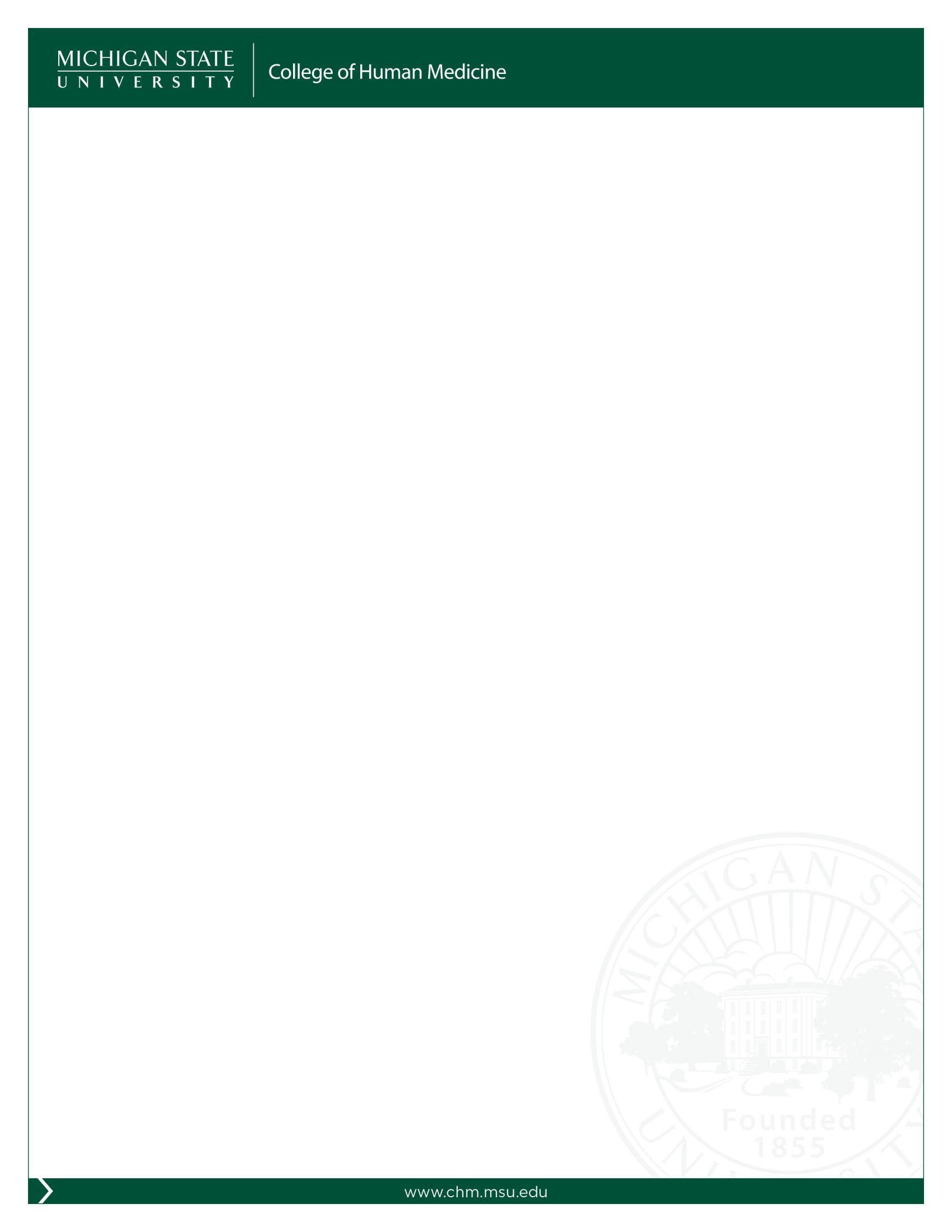E-Prescribing The proposed rule is available at https://www.govinfo.gov/ content/pkg/FR-2021-07-23/pdf/2021-14973.pdf. The Centers for Medicare & Medicaid (CMS) has released the Calendar Year 2022 Physician Fee Schedule Proposed Rule, which proposes to implement phase 2 of Section 2003 of the SUPPORT Act requirement that Medicare Part D prescriptions for schedule II, III, IV, and V controlled substances be prescribed electronically. The statute provides the Secretary with discretion on whether to grant waivers or exceptions to the EPCS requirement, and specifies several types of exceptions that may be considered. It also gives the Secretary authority to enforce non-compliance with the requirement and to specify appropriate penalties for non-compliance through rulemaking. In this rule, we are proposing to implement the following proposed exceptions: • Where the prescriber and dispensing pharmacy are the same entity; • For prescribers who issue 100 or fewer controlled substance prescriptions for Part D drugs per calendar year; and • For prescribers who are in the geographic area of a natural disaster, or who are granted a waiver based on extraordinary circumstances, such as an influx of patients due to a pandemic. We are proposing that prescribers be able to request a waiver where circumstances beyond the prescriber’s control prevent the prescriber from being able to electronically prescribe controlled substances covered by Part D. We are proposing to initially enforce/induce compliance by sending compliance letters to prescribers violating the EPCS mandate. In addition, we are seeking comment on different types of compliance actions,
so that we may ensure prescribers electronically prescribe controlled substances covered under Part D without overly burdening them. CMS is also proposing to extend the start date for compliance actions to January 1, 2023, in response to stakeholder feedback. However, we are soliciting comment on whether the original date of January 1, 2022, should remain, in light of the proposed exceptions to the mandate. We are also proposing to extend the compliance deadline for Part D prescriptions written for beneficiaries in long-term care facilities to January 1, 2025. E-Prescribing is a prescriber's ability to electronically send an accurate, error-free and understandable prescription directly to a pharmacy from the point-of-care - is an important element in improving the quality of patient care. The inclusion of electronic prescribing in the Medicare Modernization Act (MMA) of 2003 gave momentum to the movement, and the July 2006 Institute of Medicine report on the role of e-prescribing in reducing medication errors received widespread publicity, helping to build awareness of e-prescribing's role in enhancing patient safety. Adopting the standards to facilitate e-prescribing is one of the key action items in the government’s plan to expedite the adoption of electronic medical records and build a national electronic health information infrastructure in the United States. The MMA created a new voluntary prescription drug benefit under Medicare Part D. Although e-prescribing will be optional for physicians and pharmacies, Medicare Part D will require drug plans participating in the new prescription benefit to support electronic prescribing.
Health Can’t Wait is a coalition of patients, physicians and health care providers dedicated to putting Michigan patients first and ending delays in patients’ access to health care. This past spring, the Senate unanimously passed SB 247 - prior authorization reform that reduces the red tape patients and providers are forced to navigate. The bill has now moved on to the House of Representatives for consideration. To be as proactive and productive as possible in the lead-up to this critical fall legislative session, we are asking for your help in reaching out to these lawmakers on SB 247.
Making direct contact with Representatives on this issue will go a long way towards helping us duplicate the success we experienced with this legislation in the Senate. We have also produced two new action alerts - one for patients and one for providers - that make it easier for an individual to quickly contact their Representative and communicate the importance of the reforms outlined in SB 247.
PLEASE CONTACT YOUR STATE REPRESENTATIVE NOW AND URGE THEM TO VOTE YES ON SB 247 THIS FALL. 10 The Bulletin | September 2021





